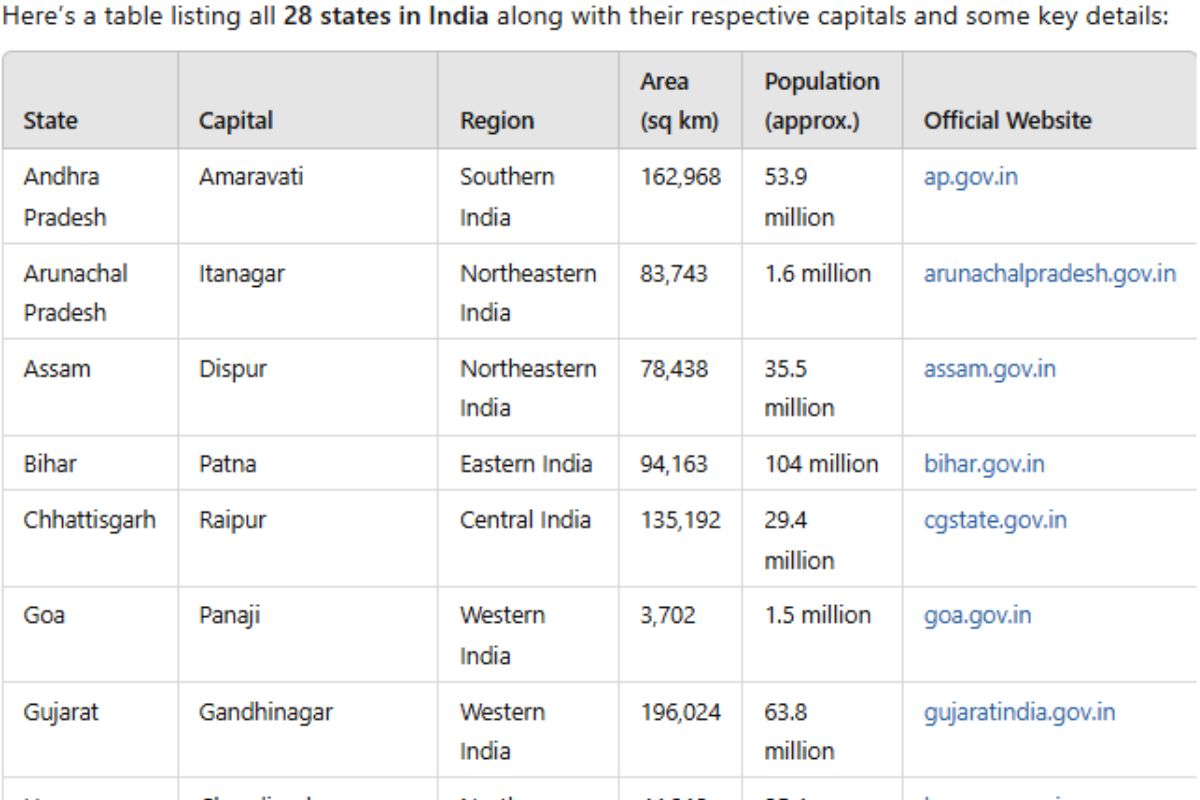In today’s fast-paced world, maintaining a balanced and nutritious diet often takes a back seat to convenience and instant gratification. However, the importance of a balanced diet cannot be overstated. It’s not just about calorie counts and fad diets but rather a sustainable approach to nourishing our bodies with the nutrients they need. In this article, we will delve into the concept of a balanced diet, its benefits, and practical tips for incorporating healthier eating habits into your life.
What is a Balanced Diet?
A balanced diet is one that provides your body with the right combination of nutrients in appropriate quantities to support overall health. This typically includes a variety of foods from different food groups. The main components of a balanced diet are:
1. Carbohydrates
Carbohydrates are the body’s primary source of energy. They can be found in foods like grains, fruits, vegetables, and legumes. Opt for whole grains, as they are higher in fiber and provide sustained energy.
2. Proteins
Proteins are essential for growth and repair of tissues. Sources of protein include lean meats, poultry, fish, eggs, dairy products, and plant-based options like beans and tofu.
3. Fats
Healthy fats are crucial for brain health and overall well-being. Avocado, nuts, seeds, and olive oil are excellent sources of healthy fats.
4. Vitamins and Minerals
A balanced diet should be rich in vitamins and minerals, obtained from a variety of fruits and vegetables. Each color represents different nutrients, so aim for a colorful plate.
5. Fiber
Fiber aids digestion and helps maintain a healthy weight. Whole grains, fruits, vegetables, and legumes are high in fiber.
6. Hydration
Water is often overlooked but is a vital component of a balanced diet. It’s recommended to drink at least eight glasses of water a day.
The Benefits of a Balanced Diet
Embracing a balanced diet offers a myriad of benefits:
1. Weight Management
A balanced diet helps you maintain a healthy weight by providing the right nutrients without excessive calories.
2. Improved Energy Levels
Balanced diets supply your body with the energy it needs to function optimally, reducing fatigue and lethargy.
3. Enhanced Mood and Mental Well-being
Proper nutrition can positively affect your mood, concentration, and cognitive function.
4. Lower Risk of Chronic Diseases
A balanced diet lowers the risk of heart disease, diabetes, and certain types of cancer.
5. Stronger Immune System
Nutrient-rich foods bolster your immune system, helping your body fight off illnesses.
Practical Tips for a Balanced Diet
- Plan Your Meals: Prepare balanced meals in advance to avoid impulsive, unhealthy choices.
- Portion Control: Be mindful of portion sizes to prevent overeating.
- Incorporate Variety: Include a wide range of foods in your diet to ensure you get all necessary nutrients.
- Read Food Labels: Pay attention to the nutritional information on packaged foods.
- Limit Processed Foods: Reduce consumption of processed and fast foods, which are often high in unhealthy fats and sugars.
In conclusion, adopting a balanced diet is not a short-term dieting fad but a long-term commitment to your health and well-being. By making informed choices and incorporating a variety of foods, you can enjoy a healthier and more energetic life. Remember, it’s not about perfection but progress, so start with small, manageable changes and gradually work your way toward a more balanced and nutritious diet.






